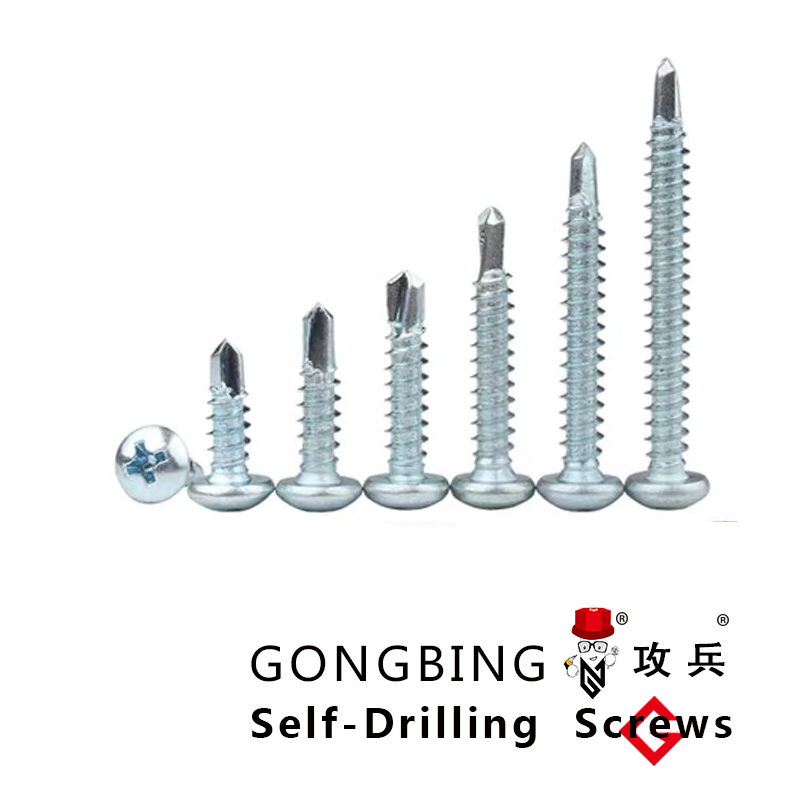Feb . 14, 2025 13:39
Volver á lista
foundation bolts
Foundation bolts are integral to securing structures and machinery, ensuring stability and safety. The material composition of these bolts plays a critical role in their performance and longevity. The selection of appropriate materials is influenced by various factors, including environmental conditions, load requirements, and cost considerations. This article delves into the materials used for foundation bolts, highlighting the key aspects that affect their choice and functionality.
The process of selecting the right foundation bolt material extends beyond understanding the intrinsic properties of these materials. It demands a careful assessment of the specific application and operating environment. Engineers and project managers must consider factors such as the type and magnitude of loads the bolts will bear, the environmental conditions they will be exposed to, and the potential need for future maintenance or replacements. Such thorough consideration ensures not only the optimal performance of the foundation bolts but also the overall safety and integrity of the structure they support. The expertise of an engineer in choosing the appropriate foundation bolt material cannot be overstated. It is a decision that combines science with practical experience, where the knowledge of material properties intersects with an understanding of field conditions. Trust in the materials is cultivated through rigorous testing and compliance with industry standards such as ASTM, ISO, and DIN. These standards guide manufacturers in producing bolts that meet stringent quality and performance criteria, assuring clients of their reliability and effectiveness. In recent years, advancements in material science have led to innovations in foundation bolt materials. Coatings such as galvanization and thermal spraying have been developed to enhance the corrosion resistance of carbon steel bolts, thereby expanding their usability in environments previously deemed unsuitable. Moreover, the advent of new alloy compositions has broadened the spectrum of applications for these essential fasteners, offering solutions that are tailored to meet increasingly demanding industrial and construction needs. Summarily, the choice of foundation bolt material is a decision that combines technical knowledge, practical experience, and a commitment to safety. By understanding the capabilities and limitations of carbon steel, stainless steel, and alloy steel, and considering the specific requirements of their application, engineers can ensure the stability and integrity of the structures they design. These considerations build trust with stakeholders, demonstrating a commitment to excellence and reliability in every project.


The process of selecting the right foundation bolt material extends beyond understanding the intrinsic properties of these materials. It demands a careful assessment of the specific application and operating environment. Engineers and project managers must consider factors such as the type and magnitude of loads the bolts will bear, the environmental conditions they will be exposed to, and the potential need for future maintenance or replacements. Such thorough consideration ensures not only the optimal performance of the foundation bolts but also the overall safety and integrity of the structure they support. The expertise of an engineer in choosing the appropriate foundation bolt material cannot be overstated. It is a decision that combines science with practical experience, where the knowledge of material properties intersects with an understanding of field conditions. Trust in the materials is cultivated through rigorous testing and compliance with industry standards such as ASTM, ISO, and DIN. These standards guide manufacturers in producing bolts that meet stringent quality and performance criteria, assuring clients of their reliability and effectiveness. In recent years, advancements in material science have led to innovations in foundation bolt materials. Coatings such as galvanization and thermal spraying have been developed to enhance the corrosion resistance of carbon steel bolts, thereby expanding their usability in environments previously deemed unsuitable. Moreover, the advent of new alloy compositions has broadened the spectrum of applications for these essential fasteners, offering solutions that are tailored to meet increasingly demanding industrial and construction needs. Summarily, the choice of foundation bolt material is a decision that combines technical knowledge, practical experience, and a commitment to safety. By understanding the capabilities and limitations of carbon steel, stainless steel, and alloy steel, and considering the specific requirements of their application, engineers can ensure the stability and integrity of the structures they design. These considerations build trust with stakeholders, demonstrating a commitment to excellence and reliability in every project.
Seguinte:
Últimas novas
-
Weatherproof Plastic Expansion Anchors for OutdoorNovasJun.06,2025
-
Sustainability in the Supply Chain: Eco-Friendly TEK Screws ProductionNovasJun.06,2025
-
Load-Bearing Capacity of External Insulation FixingsNovasJun.06,2025
-
Double Head Bolts: Enhancing Efficiency in Industrial MachineryNovasJun.06,2025
-
Corrosion Resistance in Chipboard Screws: Coatings for Wholesale DurabilityNovasJun.06,2025
-
Butterfly Toggle Bolts : Enhancing Structural ResilienceNovasJun.06,2025
